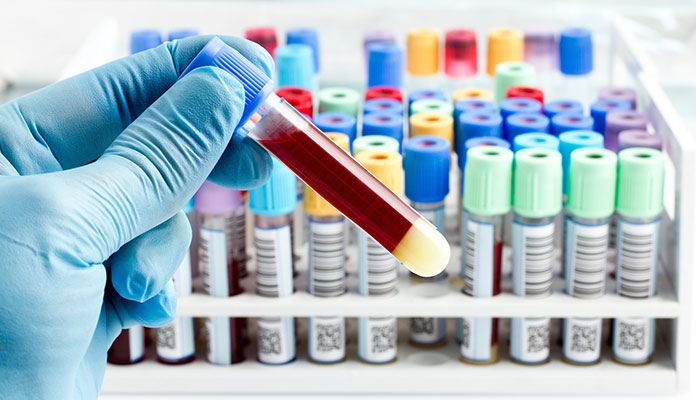When to Take a Fibrinogen Blood Test?
A fibrinogen blood test is often done when a doctor needs to assess the clotting capability of the blood. It may be a separate procedure or part of a diagnostic process to determine the possible cause of excessive or abnormal bleeding. Typical symptoms that require this blood test include spleen rupture, bleeding in the head, blood in your stool or urine, hemorrhage in the gastrointestinal tract, frequent nosebleeds, excessive gum bleeding, and excessive bruising. A fibrinogen blood test can also be suggested when you have abnormal results from a partial thromboplastin time test or a prothrombin time test. It is also helpful for diagnosing disseminated intravascular coagulation, inherited fibrinogen disorders, liver diseases, and other acquired fibrinogen problems. Regular fibrinogen monitoring is particularly necessary for pregnant women or those with a history of pregnancy complications or abnormal bleeding because of fibrinogen disorders. [3]










